Peace and Justice Scholars in Residence Help Students Change their Minds and the World
Have you seen a pair of people walking around campus with shaved heads and black dresses? Have you wondered who they are and what are they are doing here at Moravian College?
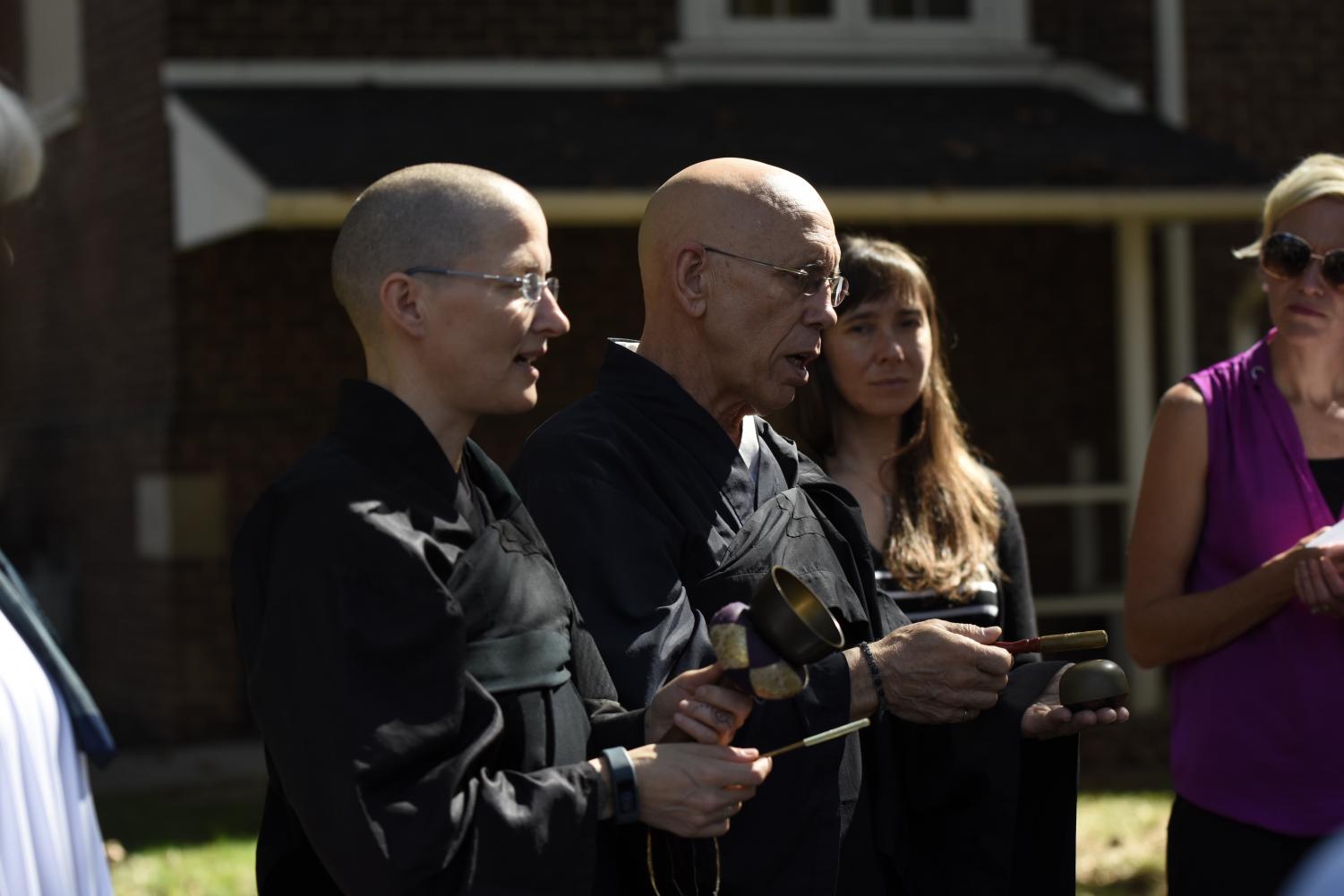
They are the Peace and Justice Scholars in Residence, Claude AnShin Thomas, a Buddhist monk, and Wiebke KenShin Andersen, a Buddhist nun, who have been teaching the course, “Change Your Mind, Change the World,” to help Moravian College students become more aware of the way their views of the world are shaped.
AnShin and KenShin live a wandering lifestyle. Ordained as mendicants, which means “begging” or to live off donations, they have been living their vows for almost two decades, traveling the world. While they have been guests of many different colleges and universities around the world, this is the first time that AnShin and KenShin have been in residence for an entire semester.
The idea to bring them to campus was born during AnShin and KenShin’s first week-long visit to Moravian in 2016. It was Professor Kelly Denton-Borhaug who invited them for this first visit and then together with Provost Cynthia Kosso formulated a plan to have them come back as scholars in residence for an entire semester.
KenShin explained how this is the first time in 19 years that she and AnShin have been committed to one group and one place for as long as three months. Because of their vows of mendicancy, they live an itinerant lifestyle, depend upon donations of money, and go where they are invited.
“[We] respect and appreciate the progressive nature of the academic and cultural environment of Moravian,” said KenShin.
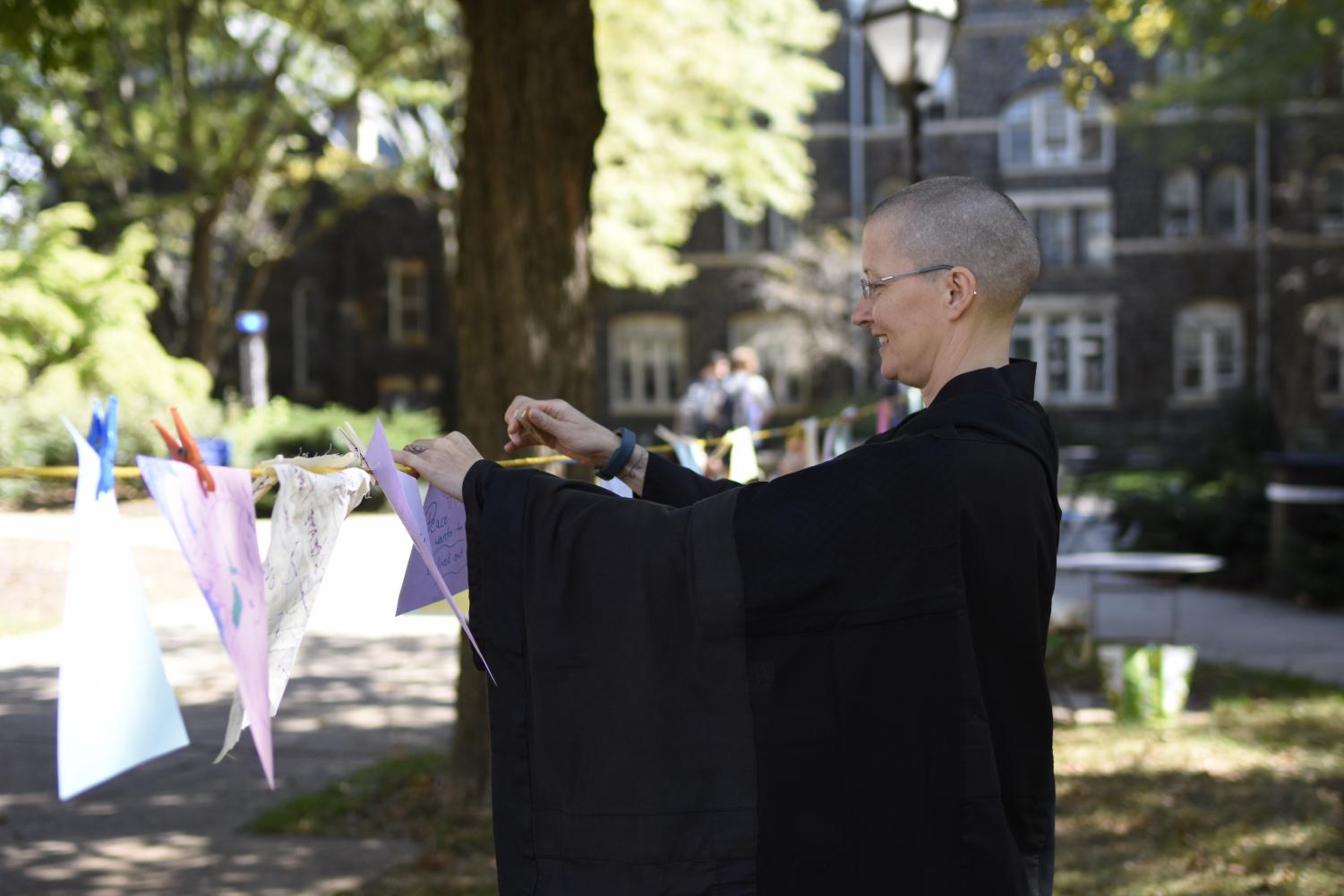
In order for the two to stay here, however, certain conditions needed to be in place. Being committed to vows of mendicancy, AnShin and KenShin are not paid for their time here. But to accept such an invitation, they needed to be provided with transportation, food, and accommodations, all of which Moravian was more than willing to commit to.
In my interview with both AnShin and KenShin, KenShin shared that the faculty has also been very welcoming, accepting, and supportive. Many departments have reached out, inviting them to visit and talk to their classes and groups.
The title of the course they are teaching — “Change Your Mind, Change the World” — originally came from a course that was taught at Allegheny College by Dr. Sharon Wesoky, who has invited AnShin and KenShin to Allegheny College on a couple of different occasions. AnShin and KenShin, with Doctor Wesoky’s permission, took this title and crafted a course around it, making it their own.
The course gives students insight into the topic of conditioning: how one’s views of the world are shaped by family generations, society, and culture. The course also supports the students, who are involved to become conscious of how this conditioning influences and shapes their perceptions of every aspect of their experience.
The course provides information and tools on how to become more aware of this process and of reality. During the course, students are introduced to Buddhist teachings and practices, not with the intent to convert them to a religion, but simply to inform and broaden their horizons. AnShin uses the theme of the class to communicate that “as we are, the world becomes.”
Students are also required to do five minutes of sitting meditation at home in the morning and in the evening, along with at the beginning of class. In conjunction with the sitting meditation at home, students must keep a journal that is used to track their experience with this practice.
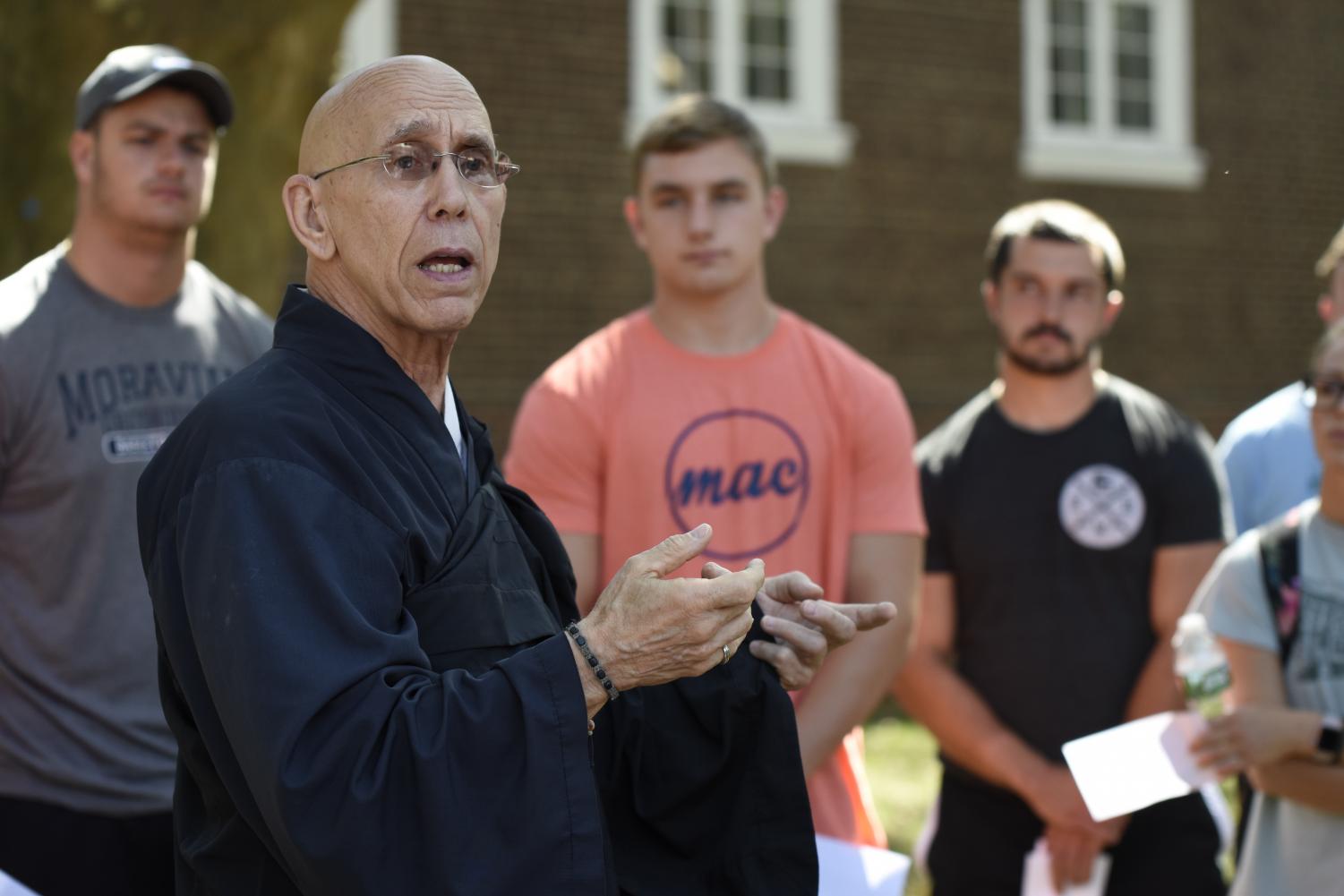
The course is discussion-based, with reading and writing assignments, to help students explore the materials and themselves. The discussions exercise students’ voices and encourage them to find their authentic voice. Throughout the course, the students are assigned a number of texts to read. These texts deal with the nature of mind, the topic of moral injury, the violence of war, the U.S. history of Buddhism, and also AnShin’s biography, titled “At Hell’s Gate: A Soldier’s Journey from War to Peace”(Shambhala 2004).
In class, AnShin often says that “study is the accumulation of information, but it is the application of information that can bring about wisdom.” Both AnShin and KenShin are very invested in the course as well as their time here at Moravian. They make a formidable team.
For more information on AnShin and KenShin visit www.zaltho.org or Facetime: zalthofoundation. You can reach them at [email protected].



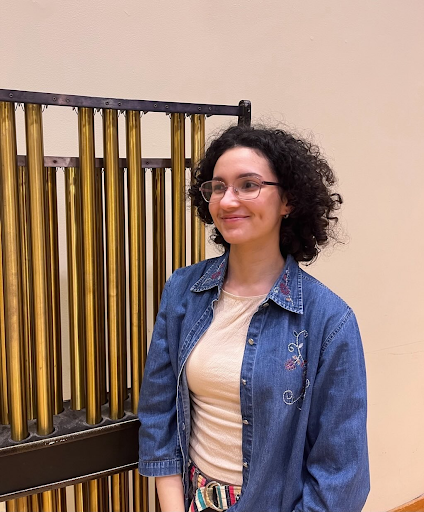

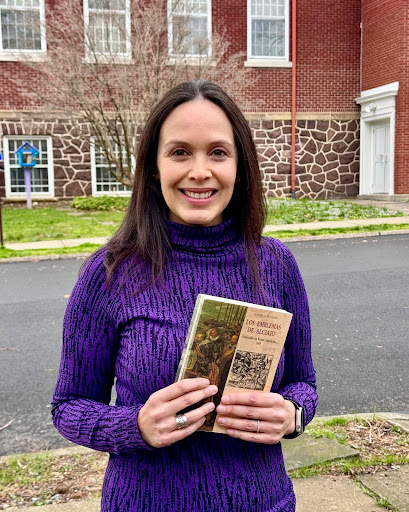
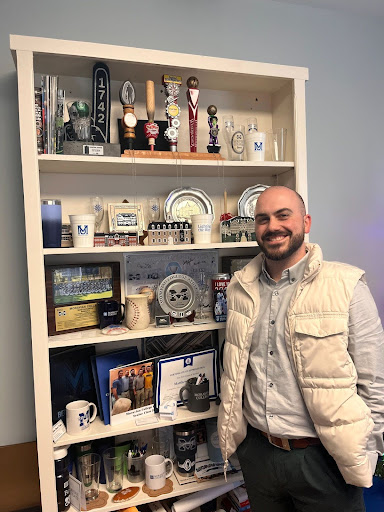

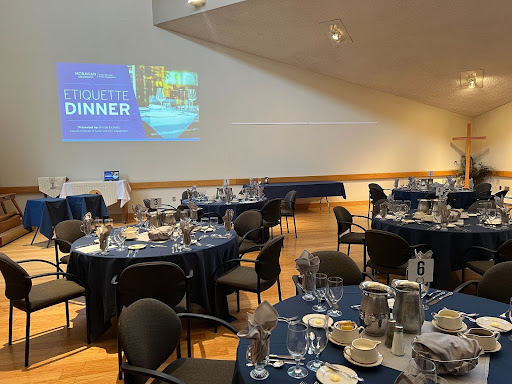



Michael J Contos • Nov 7, 2017 at 8:47 am
I feel blessed to have witnessed both AnShin and KenShin receive the honorary doctorate degrees at Moravian College last week. The auditorium was packed and students, friends and loved ones gave the two Buddhist teachers a standing ovation.
They have helped veterans like me with Post Traumatic Stress deal with our war injuries through the process of meditation and the simple technique of learning to simply “breathe” more mindfully in any stressful situation.
Michael J, Vietnam veteran from Philadelphia